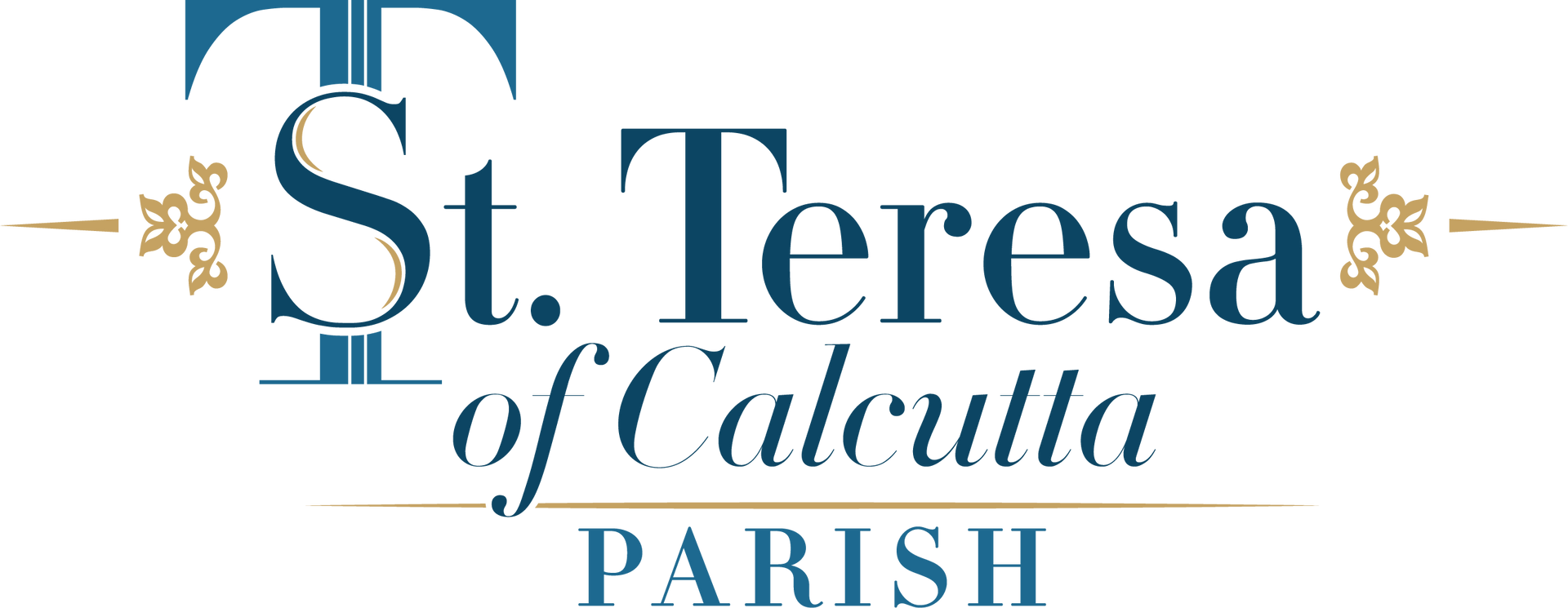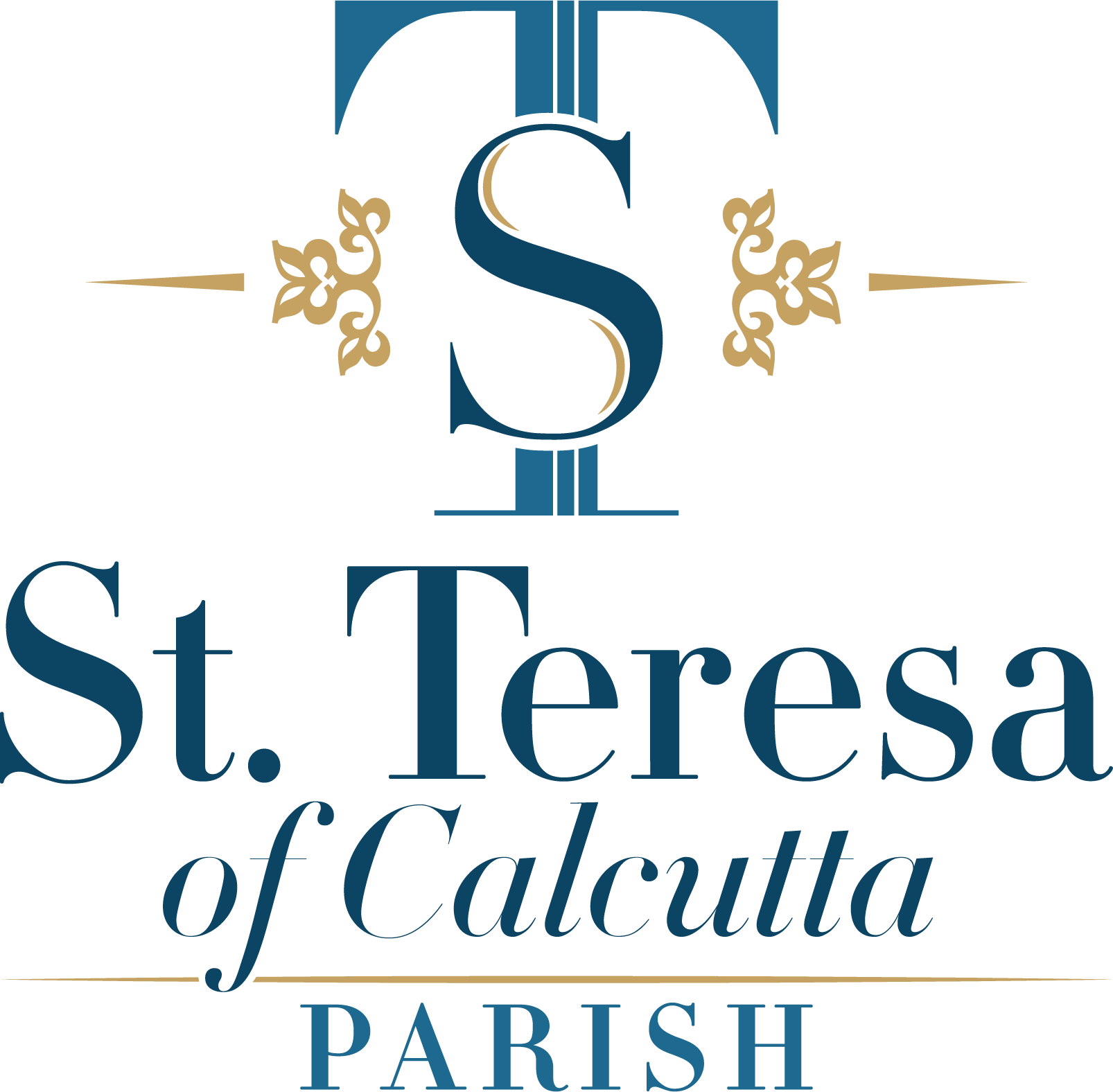Since the Resumption of Masses until now …
On June 8 weekday Masses were resumed. Masses were celebrated at St. Joseph’s church Monday through Saturday at 8.30 am. On the very first day 23 people showed up enthusiastically. Eventually the average attendance slimed down to 7 to 10 persons. On the 4 th of July weekend Masses began. The average attendance per Mass has been less than 30 persons. One weekend Mass is live streamed for those who cannot attend Mass in the church.
It seems people are still fearful of transmission of this virus; waiting for the right vaccine; anticipating abating of number of cases in all States; and repeal of mandatory social distancing and face masks. God alone knows the time when we will be free of these fears and anxieties.
Meanwhile I have been reflecting on my life and of others during the past five months. With restrictions such as social distancing, face masks, limited face to face communication, travel prohibitions, increasing online dependence and uncertainty about future, our lives seem to have become less pleasant and more burdensome. Blaming it on someone or some place or nature or God won’t bring any solution. We thought we could sculpt our own life, our time and our future. Contrarily life, time and future are eluding the grasp of everybody.
While reading and watching the escalating number of deaths, distress clouded my mind so much so that I began to wonder if I would become another addition to that number. I could have been; who knows? Perhaps you too might have gone through this distress.
Now my mind is clear. The lesson I am learning through this process is this: I am stuck. Let me not look back or look forward. No more intellectual gymnastics, reasonable assumptions, strategic planning or establishing systems. Let me go above the clouds. Let me be still, entirely open and awaiting what is to come. For I am not sure of what God is going to bring about at the end of the day.
However, I am excited about it. I am waiting to see the emergence of that newness which will refresh all our lives, our governments, our cultures, our church, our educational systems, our families and all other institutions.
We appear to be in a lengthier Advent season waiting with hope for joy and peace. Advent always ends up in Christmas. Hope is the key. In one of my songs I visualized a boat without oars, floating along the flow of the river. It trusts the river and hopes that one day it will reach the shore of bliss never dreamt before.

